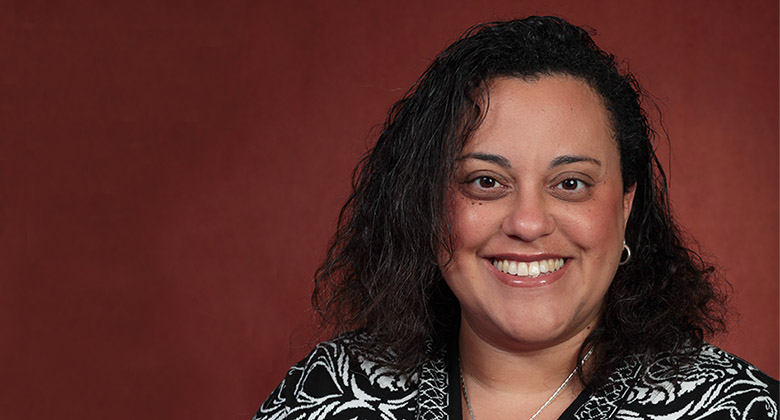Educational leadership is a noble profession. It combines academics, research, and practical teaching pedagogy that allows those with an advanced degree in education leadership to pursue a wide range of careers. Educational leaders can become advanced teachers, curriculum designers, education policymakers, and most commonly, administrators. We have a lot of information on the blog about potential careers, salaries, and professional outlooks of education leaders, so we decided to get up close and personal with some of our faculty here in the College of Education.

Dr. Marytza A. Gawlik has a Ph.D. in Educational Policy. She's been a faculty member at FSU for 5 years. Get to know her day to day life and what you can expect with an advanced degree in education leadership below.
What is your day to day like?
Typically, I answer emails in the morning and spend part of the day handling administrative tasks. I dedicate at least two to three days a week to writing and conducting research. I like to write in the mornings in the afternoons. The rest of my time is spent teaching. I teach courses in our online certification program for Educational Leadership.
What research projects are you currently involved in?
Right now, I have found that the research on leadership in charter schools suggests that leadership roles and practices are configured differently than in traditional public schools due to the distinct governance and organization of charter schools. Charter school districts in the United States are emerging as yet another possible governance arrangement for public education. It is unusual to see an entire district of charter schools managed by one board as it is counter to the initial anti-bureaucratic argument that began the charter school movement. Little research has explored the district arrangement of charter schools. We have seen literature on portfolio models, or models of governance that encompass a variety of school types, but we have seen very little on single charter school districts. In a current project with a colleague from Ohio State University, we will set out to further explore governance arrangements and the impact it has on principalship practices in a single charter school district in Florida. This will help fill a void in the literature that addresses how district arrangements affect principalship roles in charter schools.
What was your initial impression of education leaders and how has that changed as you've worked in the industry
Educational leadership has changed dramatically given the increased pressures of accountability placed on both teachers and principals. When I first entered the field, lip service was paid to accountability but no real action. Now that has changed and states are honing in on leadership and making demands on increased student achievement.
What do you think we can do on an elementary to the high school level to get students thinking about educational leadership?
Involve them in leadership activities at their schools. I've worked with elementary schools that have implemented the Leader in Me program, which serves to place elementary students in leadership roles at their schools. I think this an effective tool for shaping future leaders in the field.
Additionally, where do you see the greatest need in the education industry?
Training around successful leadership is necessary to develop the kinds of instructional leaders that will make a difference in schools and classrooms.
What do you wish someone would have told you 10 years ago that would be helpful to current students pursuing an advanced degree in education leadership?
I was initially trained in educational policy, but when I went on the job market, the jobs resided in educational leadership. I wish someone had encouraged me to take a leadership course in graduate school to broaden my scope of understanding around these issues.

